

This comprehensive guide explores the world of fastener bolts, covering various types, applications, and selection criteria. Learn how to choose the appropriate fastener bolt for your specific needs, ensuring strength, reliability, and longevity in your projects. We'll delve into material properties, size specifications, and best practices for installation.
Machine bolts are a common type of fastener bolt used in a wide range of applications. They typically feature a hexagonal head and are tightened using a wrench. These bolts are known for their strength and durability, making them suitable for heavy-duty applications. They are often used in construction, manufacturing, and automotive industries. The precise selection depends on factors like required tensile strength and material compatibility.
Carriage bolts are characterized by a rounded head and a square neck. The square neck prevents the bolt from turning as the nut is tightened, making them convenient for applications where access is limited. They are often used in woodworking and other applications where a neat, finished look is desired. For specific material recommendations, please refer to the material specifications provided by the manufacturer.
Eye bolts possess a loop or eye at one end, enabling easy attachment of ropes, chains, or other lifting mechanisms. These are crucial in applications requiring lifting or suspending loads. The strength rating of an eye bolt is critically important and should always be verified against the load being supported. Always ensure proper safety measures are in place when using eye bolts for lifting.
Selecting the correct fastener bolt is paramount to project success. Key factors to consider include:
Different materials offer varying levels of strength, corrosion resistance, and temperature tolerance. Common materials include steel (carbon steel, stainless steel), brass, and aluminum. Stainless steel fastener bolts, for example, offer superior corrosion resistance compared to carbon steel, making them ideal for outdoor or marine applications. The specific material choice is dictated by the application's environment and required performance.
Fastener bolts are available in various sizes, measured by diameter and length. Thread type (e.g., coarse, fine) also impacts strength and application. Consult engineering standards and specifications for appropriate sizing based on the load and material being fastened. The incorrect size can compromise the entire structure's integrity.
Tensile strength is the maximum amount of tensile stress a fastener bolt can withstand before breaking. This crucial characteristic ensures safety and structural integrity. Ensure the selected bolt has a tensile strength exceeding the anticipated load.
Fastener bolts are indispensable in countless applications across diverse industries. They are crucial for:
Sourcing high-quality fastener bolts is critical for ensuring project success. Hebei Muyi Import&Export Trading Co., Ltd. (https://www.muyi-trading.com/) offers a wide selection of fastener bolts, catering to diverse needs and applications. They prioritize quality materials and stringent manufacturing processes, providing reliable and durable fasteners for your projects. Contact them to discuss your specific requirements.
Understanding the nuances of fastener bolts is essential for any project involving fastening components. By carefully considering material, size, thread type, and tensile strength, you can select the appropriate fastener bolt to ensure structural integrity, longevity, and overall project success. Remember to always prioritize safety and consult relevant standards and specifications for your specific application.



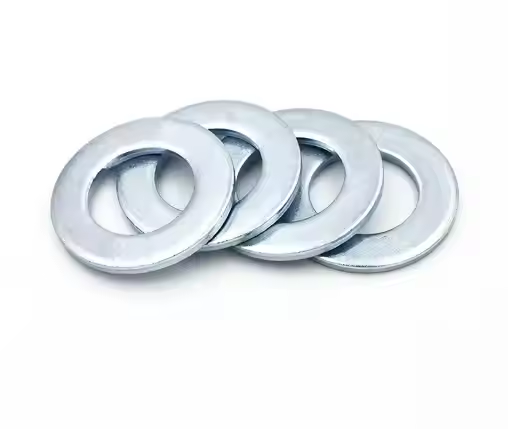


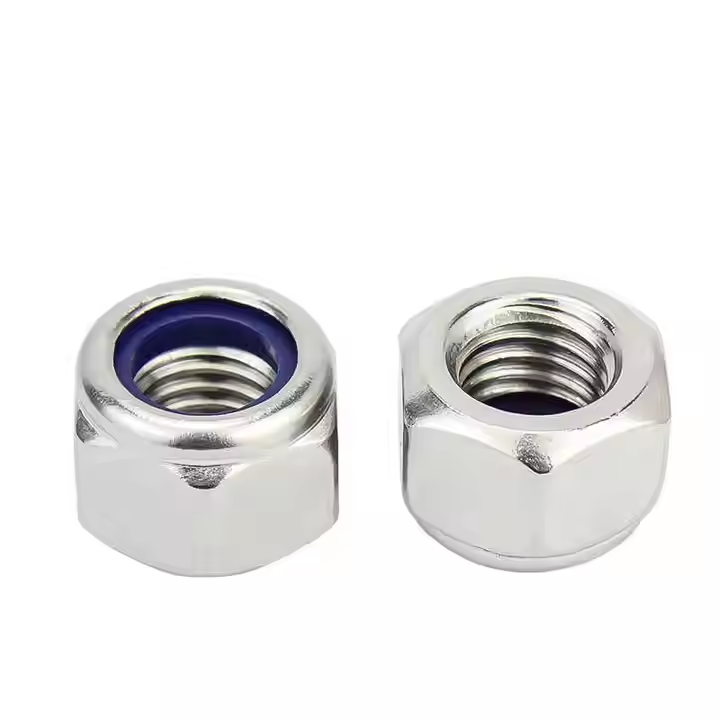
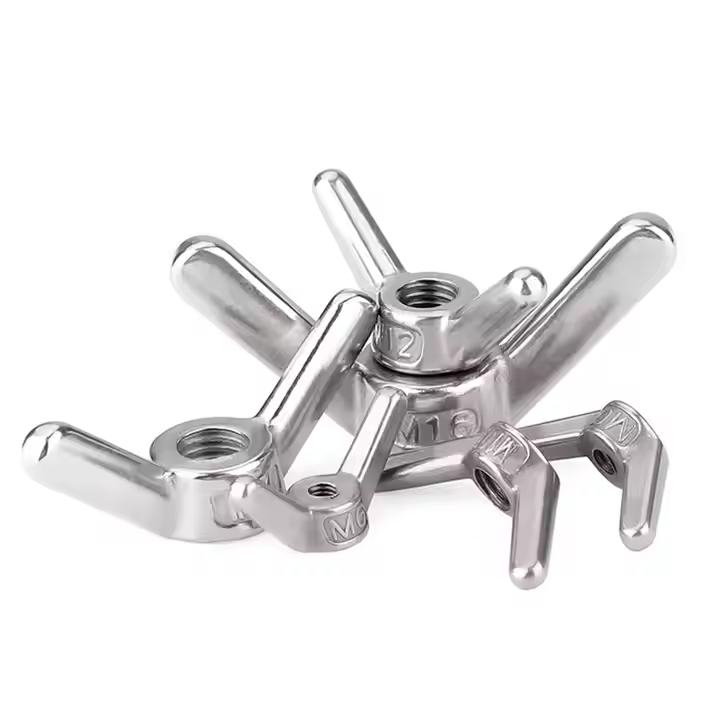
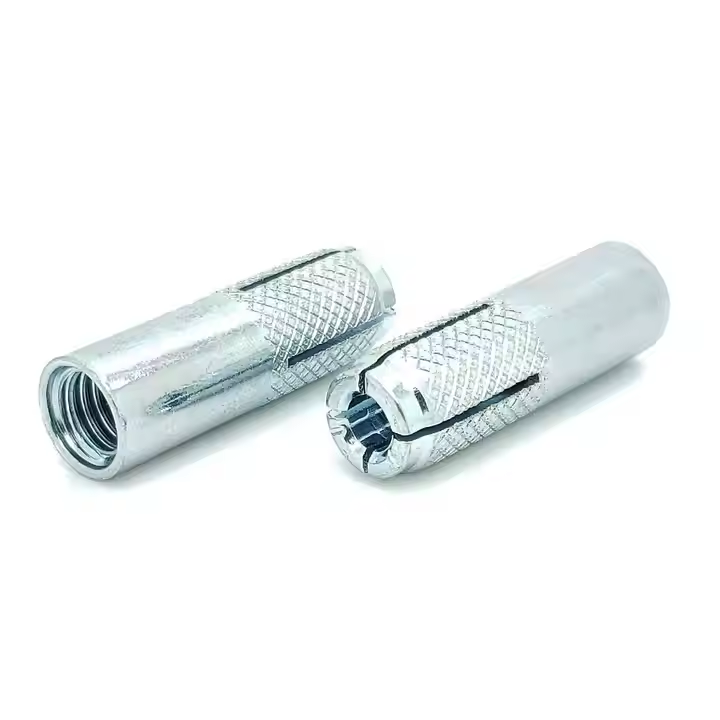
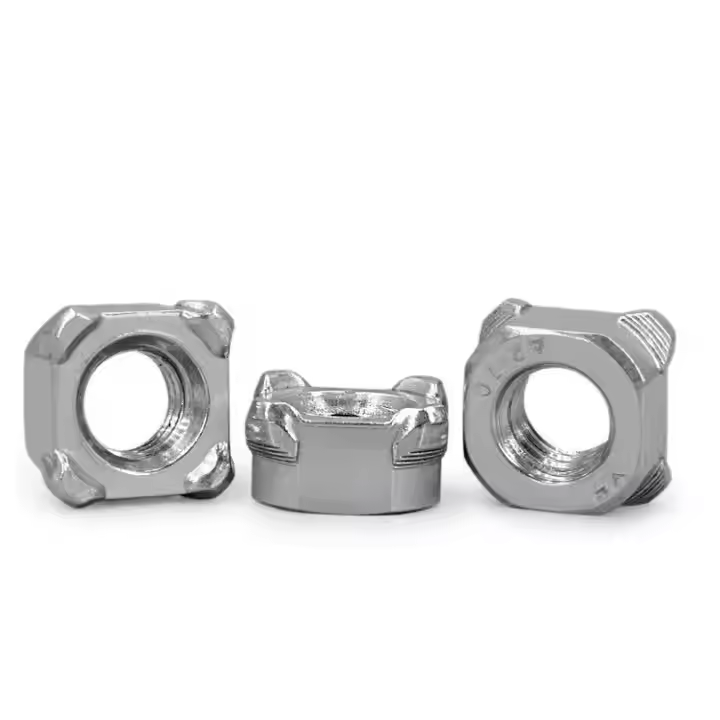


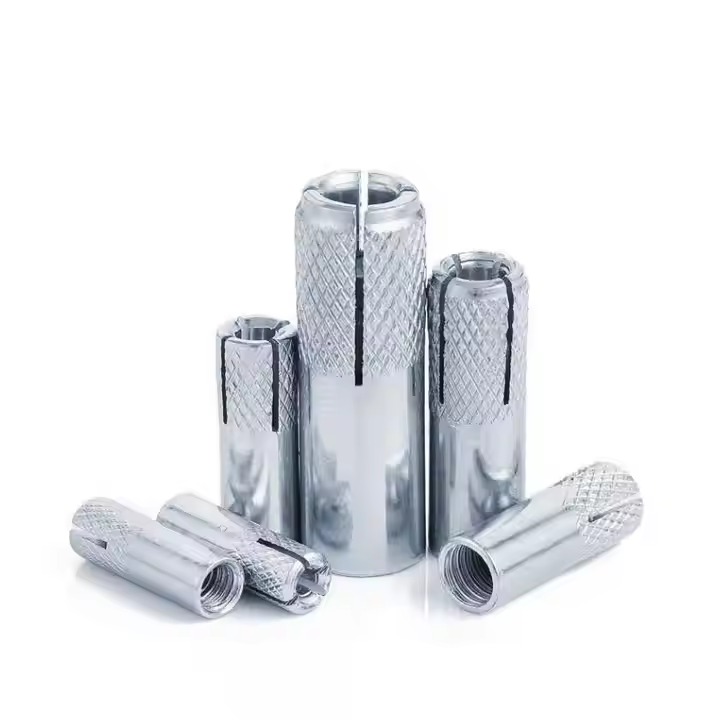
Please enter your email address and we will reply to your email.